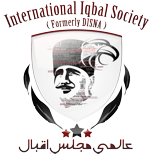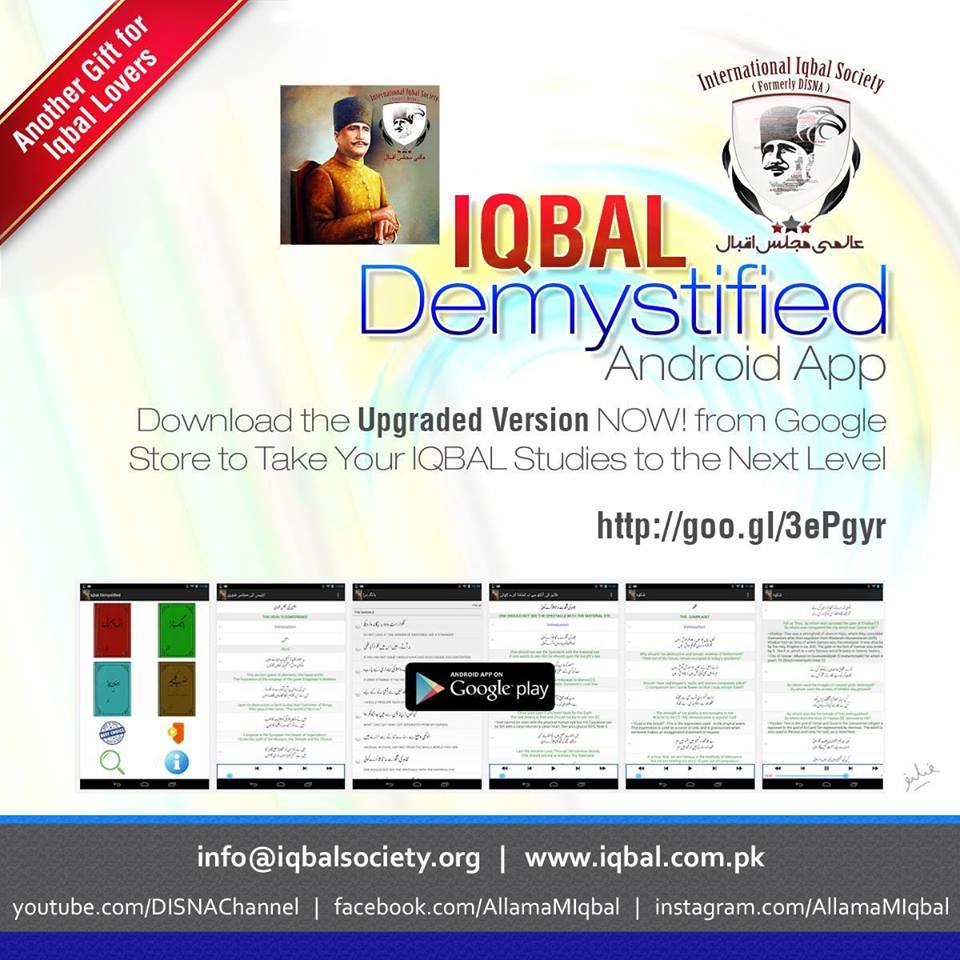18. Fanaticism
- Parent Category: Prose Works
- Hits: 3688
- Print , Email
18. Fanaticism
All nations accuse us of fanaticism. I admit the charge – I go further and say that we are justified in our fanaticism. Translated in the language of biology fanaticism is nothing but the principle of individuation working in the case of group. In this sense all forms of life are more or less fanatical and ought to be so if they care for their collective life. And as a matter of fact all nations are fanatical. Criticise an Englishman’s religion, he is immovable; but criticise his civilisation, his country or the behaviour of his nation in any sphere of activity and you will bring out his innate fanaticism. The reason is that his nationality does not depend on religion; it has a geographical basis – his country. His fanaticism then is justly roused when you
criticise his country. Our position, however, is fundamentally different. With us nationality is a pure idea; it has no material basis. Our only rallying point is a sort of mental agreement in a certain view of the world. If then our fanaticism is roused when our religion is criticised, I think we are as much justified in our fanaticism as an Englishman is when his civilisation is denounced. The feeling in both cases is the same though associated with
different objects. Fanaticism is patriotism for religion; patriotism, fanaticism for country.
* This entry was incorporated into the paper ‘The Muslim
Community’ the same year (1910). Granting patriotism to
“people whose solidarity depends on a territorial basis,” he
attacks those who accuse Muslims of ‘asabiyyat [fanaticism]:
“We are as much justified in our ‘asabiyyat as they are in their
patriotism. For, what is ‘asabiyyat? Nothing but the principle of
individuation working in the case of a group. All forms of life
are more or less fanatical and ought to be so, if they care for
their individual or collective life. And as a matter of fact all
nations are fanatical. Criticise a Frenchman’s religion; you do
not very much rouse his feelings; since your criticism does not
touch the life-principle of his nationality. But criticise his
civilisation, his country, or the corporate behaviour of his
nation in any sphere of political activity and you will bring out
his innate fanaticism. The reason is that his nationality does
not depend on his religious belief; it has a geographical basis –
his country. His ‘asabiyyat is then justly roused when you
criticise the locality – which he has idealised as the essential
principle of his nationality. Our position, however, is
essentially different. With us nationality is a pure idea; it has no
objective basis. Our only rallying-point, as a people, is a kind
of purely subjective agreement in a certain view of the world.
If then our ‘asabiyyat is roused when our religion is criticised, I
think we are as much justified in it as a Frenchman is when his
country is denounced. The feeling in each case is the same
though associated with different objects. ‘asabiyyat is patriotism
for religion; patriotism, ‘asabiyyat for country.” – KAS






